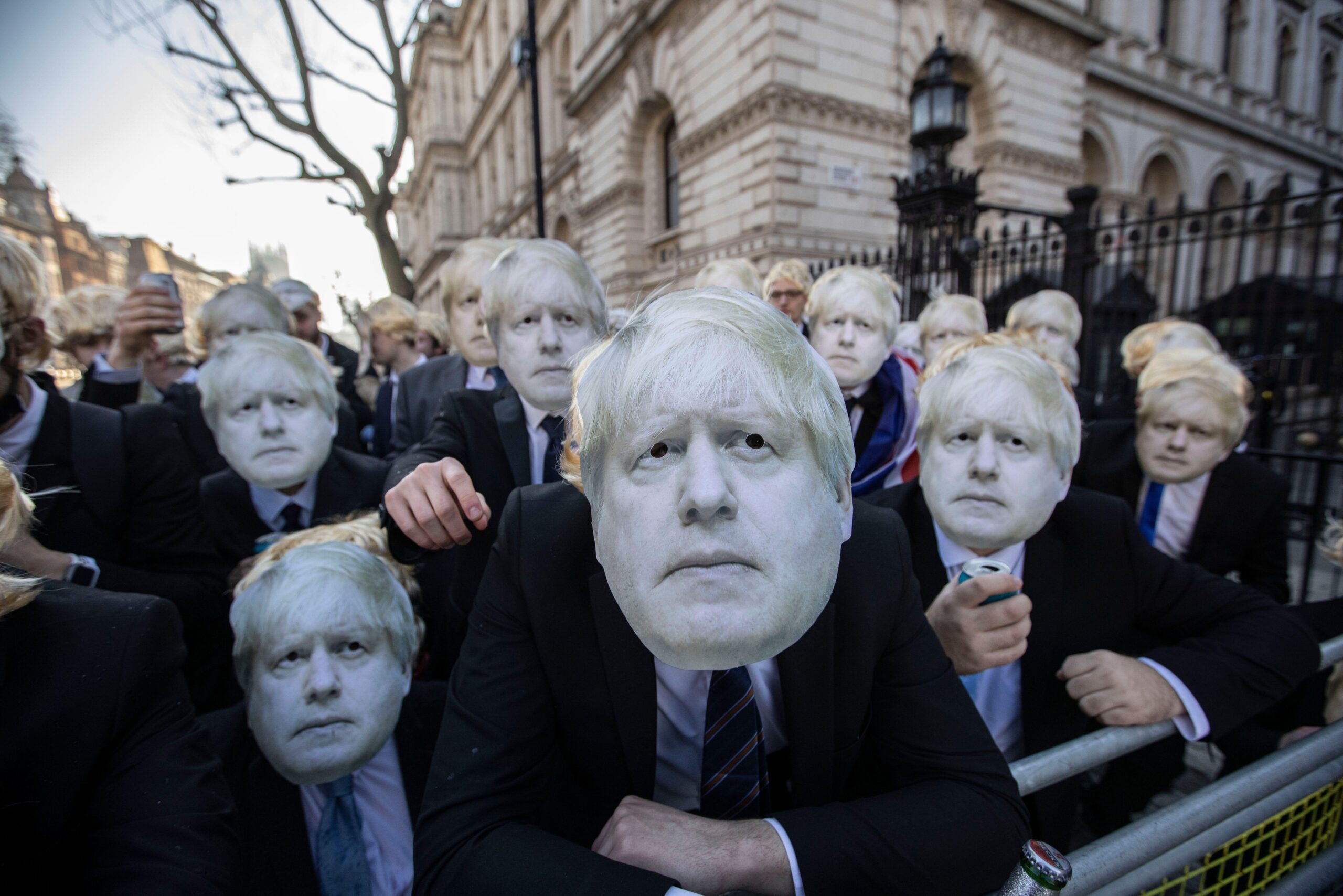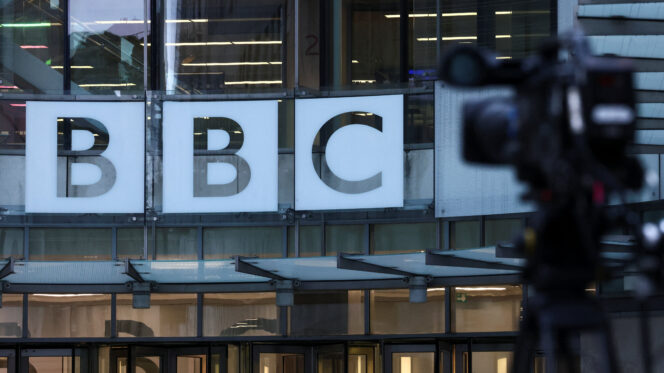No 10’s Toxic Covid Culture Didn’t Just Vanish With the Tories
Same structural weaknesses.
by Ash Sarkar
21 November 2025

Yesterday, Baroness Hallett’s inquiry into the then-government’s handling of the Covid-19 pandemic was released – and the findings were damning. Hallett’s report castigated the internal culture at No 10, Boris Johnson’s slow and fickle decision-making, the lack of coherence in public messaging and the scientific ignorance of politicians.
Had a national lockdown happened just a week earlier, Hallett writes, 23,000 lives would have been saved. Will anyone be held accountable? “Lol” and “lmao”, my friend.
Though all four governments in the UK come in for criticism in Baroness Hallett’s report, there’s no doubt that Boris Johnson and his merry band of psycho poshos get the worst of it.
The then-prime minister sprinted between conflicting messages, boasting about shaking hands at a hospital the day before launching a national handwashing campaign. He is said to have presided over a “toxic and chaotic culture” (cue the nodding of his exes), in which junior women were routinely ignored and the “loudest voices prevailed”.
Dominic Cummings (remember him?) in particular gets the blame for having “poisoned the atmosphere”, and is said to have “used offensive, sexualised and misogynistic language”. Meanwhile Matt Hancock is excoriated for his “nuclear levels of confidence”, and unfortunate habit of “overpromising and under-delivering”, which contributed to Boris Johnson’s misplaced sense of optimism in early 2020.
Patrick Vallance, the chief scientific adviser, told the inquiry that Hancock “had a habit of saying things which he didn’t have a basis for, and he would say them too enthusiastically too early, without the evidence to back them up, and then have to backtrack from them days later”. Again, I can only imagine that his ex is thinking ‘too right’.
Though politicians and their stenographers in the mainstream media bleated repeatedly about “following the science”, the inquiry finds that they didn’t really understand it. Ministers often confused scenario-modelling with forecasts, and struggled to understand technical material and concepts. Vallance said the PM was “bamboozled” and that watching him “get his head around the stats was awful”.
Dysfunction at the top led to dithering, delay and backtracking all the way down. The report highlights the unfolding tragedy. February 2020 was a “lost month”, and by mid-March the situation was “calamitous”. Locking down just one week earlier in March 2020 could have saved about 23,000 lives, and could have prevented the need for longer and more draconian measures later.
Wackadoodle decision-making wasn’t limited to spring 2020. Johnson’s dilly-dallying over a second lockdown in autumn 2020 contributed to the unnecessary spread of the virus; Rishi Sunak’s ‘Eat Out To Help Out’ campaign fostered a false sense that the pandemic was ending. What’s more, rule-breaking (or should I say, totally necessary drives to Barnard Castle to check one’s eyesight) by powerful people drove a bulldozer through public trust and compliance.
Of course structural factors, such as the impact of a decade of austerity on public health and NHS capacity, cannot be sidelined in our understanding of what went wrong. But it also seems to be the case that the recklessness, impunity and nastiness at the heart of government materially impacted the UK’s pandemic response.
Why does any of this matter now? The conditions that enabled those failures haven’t magically vanished with Keir Starmer’s government. The same structural weaknesses – centralised, personality-driven government; shallow scientific literacy in politics; an overstretched NHS; a media ecosystem prone to cheerleading rather than scrutiny – still shape public life.
Without real reforms, 2020 risks becoming not the cautionary tale that changed the system, but the prologue to an avoidable sequel.
Ash Sarkar is a contributing editor at Novara Media.


